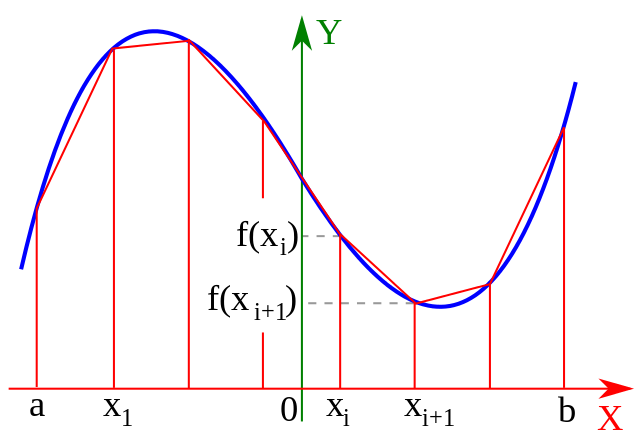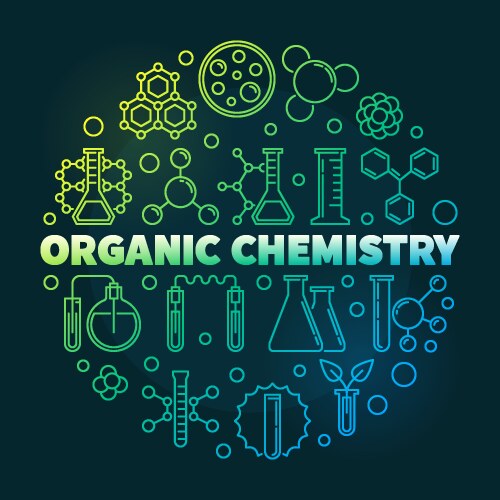Analyses physicochimiques
- Enseignant: tahar mekhlif
Les techniques de séparation sont des méthodes qui utilisent des différences de propriétés physiques des constituants d'un mélange pour les séparer, incluant la filtration (séparer un solide d'un liquide grâce à un filtre), la décantation (laisser un solide se déposer ou deux liquides non miscibles se séparer par gravité), l'évaporation (transformer un liquide en gaz pour récupérer un solide dissous), la distillation (séparer des liquides à différents points d'ébullition), le tamisage (séparer des solides de tailles différentes) et la chromatographie (séparer des composés en fonction de leur affinité pour une phase stationnaire et une phase mobile).
- Enseignant: tahar mekhlif

- Enseignant: sarra lamri
Mineral chemistry is a key field of chemistry that focuses on elements and their mineral-based compounds. It explores how the periodic table is organized, how the properties of elements change across it, and how different types of chemical bonds are formed. It also relies on concepts like hybridization and molecular orbital theory. Mineral chemistry plays an important role in areas such as bio-mineral chemistry and coordination chemistry.
- Enseignant: DILMI OUALID

L’analyse numérique est une branche des mathématiques appliquées qui s’intéresse au développement des méthodes numériques pour le calcul d’approximations des solutions des problèmes mathématique qu’il serait difficile, voire impossible, d’obtenir analytiquement. L'objectif de ce cours est de former l'apprenant aux techniques de méthodes numériques de base afin de le rendre apte à choisir un algorithme adapté à un problème donné et à le mettre en œuvre en réalisant un programme en langage Python.
- Enseignant: abdelhak bendjeffal
Numerical Methods and Programming focuses on acquiring diverse programming techniques to solve numerical based engineering problems. These problems include integration, roots of equations, and first order initial value differential equations. All of these numerical problems will be programmed, debugged, and executed using Python.
- Enseignant: abdelhak bendjeffal

Organic chemistry is the study of the chemistry of carbon compounds
This course is intended to students of the second-year license (L2) of Chemistry Materials Science (SM), is divided into five chapters and will allow students to acquire the basic concepts of organic chemistry.
In the first part of the course, important fundamental topics, such as bonding theory, hybridization, the main classes of functional groups and the organic nomenclature, will be discussed. The second part of the course will be essentially devoted to the study of stereoisomerism through the three-dimensional structures of organic molecules.
Subsequently, the course continues with an introduction into reactivity of organic molecules as well as the electronic effects Focus, will be on a selection of fundamental organic reactions, which form the basis for a wide array of other organic reactions.
- Enseignant: meriem bedreddine
- Enseignant: samir maameri
